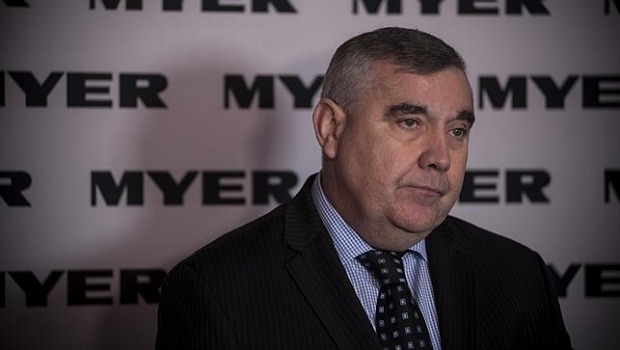
The Ultimate Hitchhiker’s Guide to C-Suite Executive Search: A Roadmap with a Twist.
So, you’ve decided to embark on the interstellar journey of finding a new C-suite executive? Buckle up, because this isn’t your average executive search; it’s a cosmic quest for leadership that requires wit, wisdom, and a strategic navigator.
- Understanding the Galaxy of Skills Required:
- The New C-Suite Cosmos: Gone are the days when being a financial wizard or an operational overlord was enough. Today’s C-suite needs to be as versatile as a Swiss Army knife at a camping convention.
- They must be people whisperers, strategic thinkers, and innovation gurus. According to some wise folks at Harvard, it’s less about the industry expertise now and more about emotional intelligence and adaptability.
- Crafting Your Spaceship (The Search Strategy):
- Aligning Stars: First, align your organization’s goals with the executive’s potential trajectory. Remember, only about 39% of leaders feel their C-suite is really on board with the organizational purpose, so make sure your candidate isn’t just hitching a ride but knows the destination.
- The Skill-Set Constellation: Ensure your C-suite composition reflects a galaxy of skills. Diversity in experience isn’t just nice; it’s necessary. Think of it as assembling the Avengers, where each member brings a unique power to the table.
- The Search Beacon (Recruitment Process):
- Personalized Outreach: Like sending out a distress signal that actually intrigues the hero, your approach should be personalized. Highlight how they can make an impact, not just fill a seat.
- Avoiding Black Holes: Don’t get sucked into hiring based solely on past titles. Remember, as Sam Altman might tweet if he were tweeting, values first, aptitude second, and skills third.
- Navigating the Nebula (Transition and Onboarding):
- Vision Crafting: Just as you wouldn’t start a road trip without a map (or a galaxy without a guide), ensure your new executive crafts a vision. This isn’t just about what to do but also what not to do.
- Team Integration: Most successful transitions involve keeping the original team mostly intact, like keeping the crew of your starship. Change too many parts, and you might just end up with the ship of Theseus in space.
- Engagement with Alien Life Forms (Stakeholder Management):
- Think Like Them: Adopt the C-level mindset. If you were an alien (read: executive), what would make you want to colonize this planet (company)? Insights, opportunities, and benefits, not just features.
- The Ongoing Voyage (Continuous Development):
- Coaching for the Cosmos: Even the best navigators need to update their star charts. Executive coaching can help address everything from imposter syndrome in space to navigating the asteroid fields of corporate politics
- The Humorous Hitchhiker’s Note:
- Remember, in the vast universe of corporate leadership, humour is your best companion. It’s like the infinite improbability drive; it gets you through the most unexpected situations.











